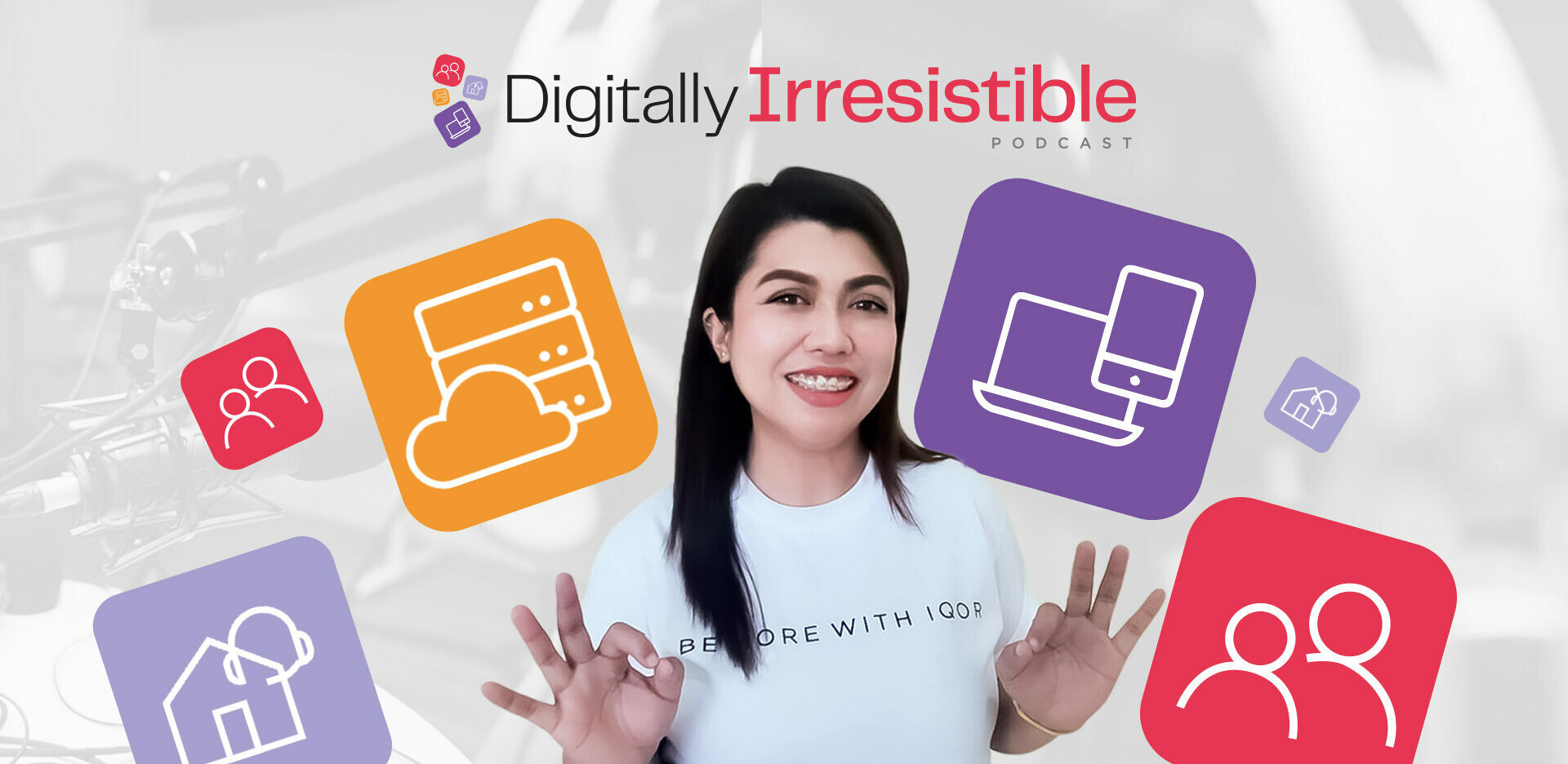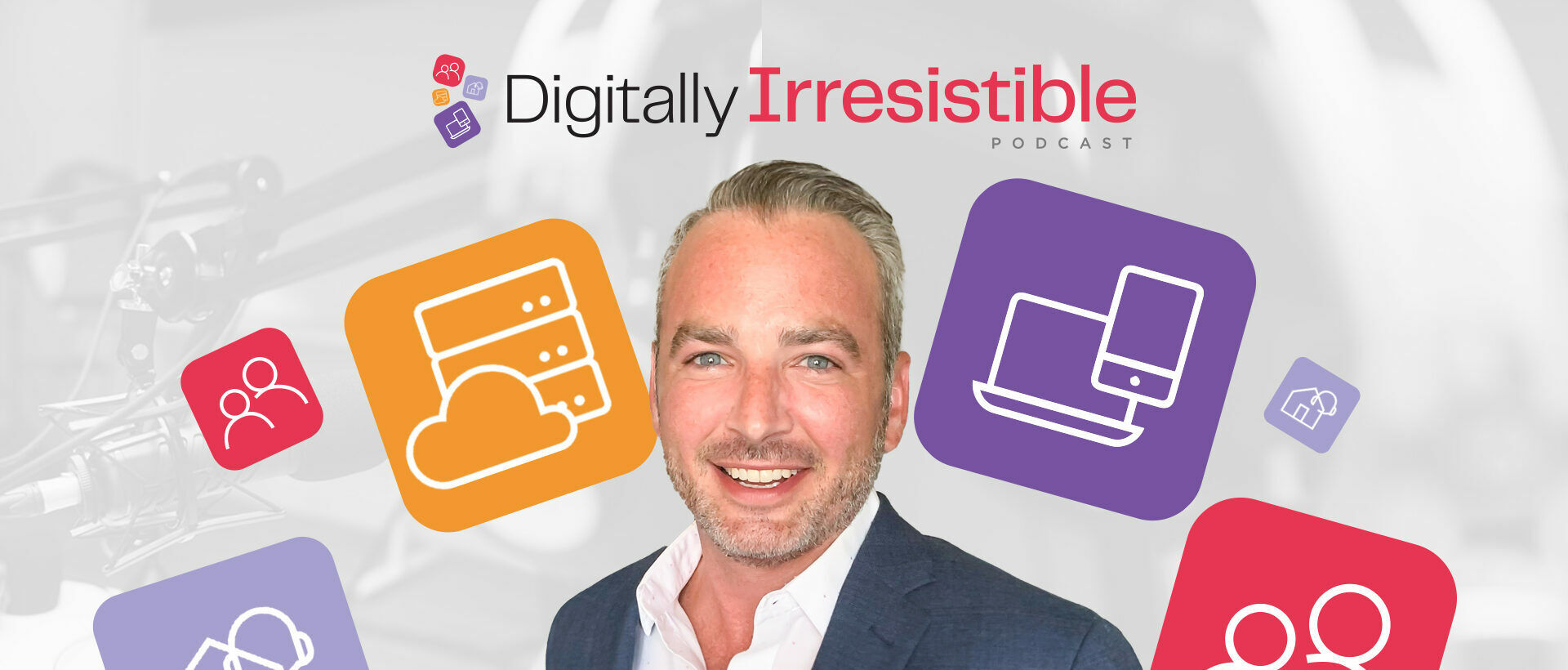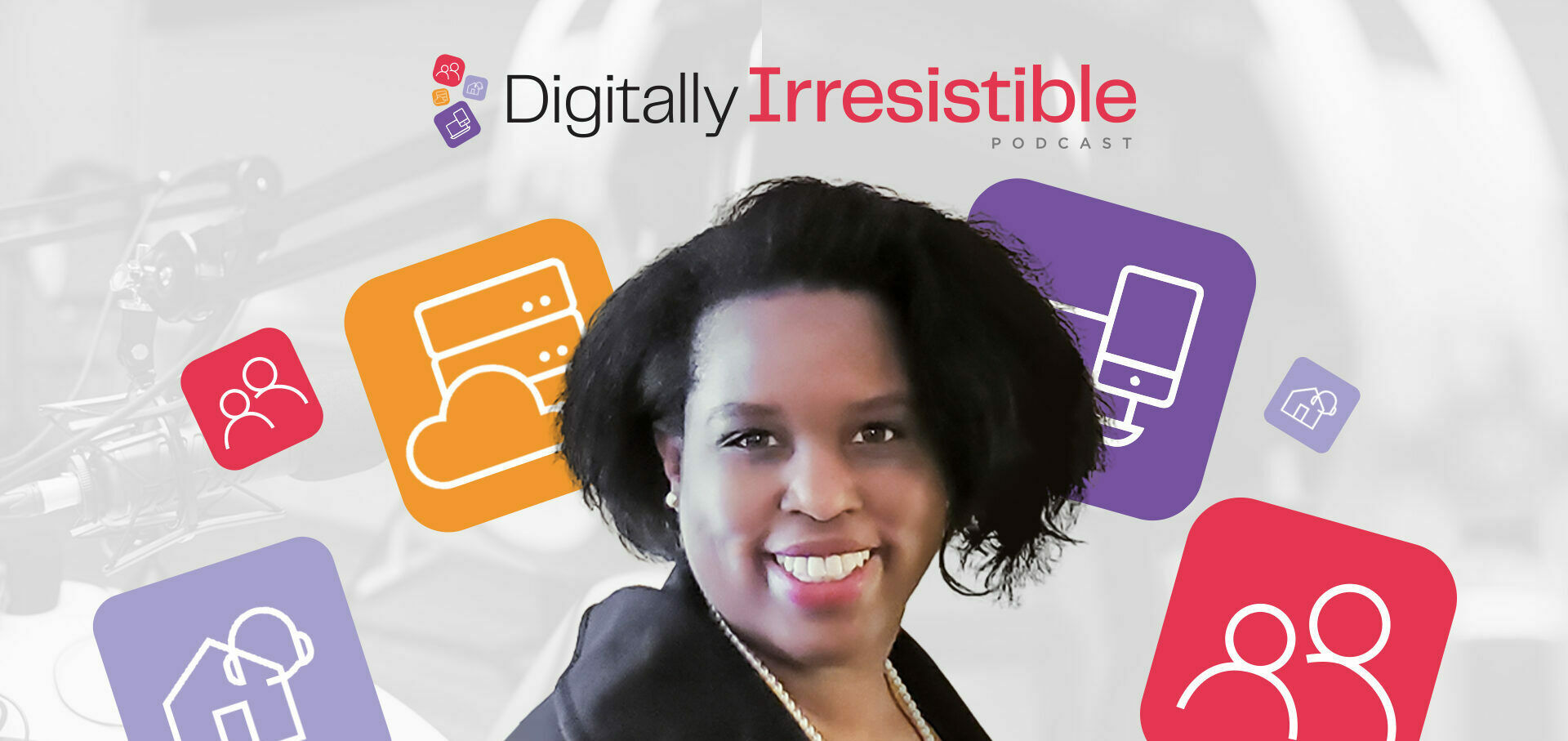Hint: break some rules to create leaders that inspire leaders
Did you know that only one-third of U.S. employees are engaged at work? According to a recent Gallup report, people are increasingly indifferent about their jobs, and even more so, lack confidence in their managers in communicating effectively or making them feel enthusiastic about their roles. This is a tough pill to swallow, especially since lack of engagement can lead to increased employee turnover and all-around dissatisfaction.
The thing is, organizations can throw manuals, training videos, and performance metric box-checking forms at their management all day, but workers’ priorities are changing, and thus leaders must break some of the hard and fast rules of regular employee management. They must be trained to be engaging, emotionally intelligent, and even more, inspirational.
At iQor, we rebuilt our leadership training from the ground up to better reflect the skills our managers, directors, and VPs need today to manage a fast-changing workforce. Called Leaders Inspiring Leaders, our program specifically focuses on how to create managers that rewrite the old rules and blaze new trails in response to our employees’ needs.
Here are seven ways you can incorporate some trailblazer-worthy training into your business today based on what we’ve learned through the creation of our Leaders Inspiring Leaders program.
1. Revamp Your Library of e-Courses
In order to morph your leaders into true trailblazers, you must “be” the change. Redesign your leadership landing and training pages so they are more engaging, easier to navigate, and provide reviews and course completion progress for your managers and their direct reports. And remember, while eLearning may not be the end all be all in development, it does provide an opportunity to introduce new learning approaches and reinforce and support other traditional learning methods.
Provide short 30 minutes to 1-hour competency-based training videos or material that speak to people on an emotional level. This can be developed in-house, or outsourced (here is one company that breaks down lessons into three-minute videos). Your goal is to create inspirational leaders by setting the foundation for developing their emotional intelligence, which is critical in building and sustaining positive and engaged individuals and organizations.
Here are some example course topics that iQor has incorporated into our e-course training:
- Becoming an Inspirational Leader
- Successful Delegation: Supervise and Encourage
- Performing with Others under Pressure
- Thinking Strategically as a Manager
2. Launch a Leadership Book Studies Group
Keep the group small (10-12 max) and meet bi-monthly. Each session should include a review of the topics covered in the previous chapters and how the lessons can apply to current challenges or be incorporated into one’s own management style.
In iQor’s Leadership Book Series, we encourage participants to apply new techniques or ideas and share feedback with the group. Again, engagement is the key theme here, with the goal of it flowing down from our managers to their direct reports, and so on. Engaged teams lead to increased customer satisfaction, increased retention, and a better bottom line. In fact, our own employees are two times more likely to stay when they are highly engaged and well-trained.
Here are a few books that iQor is including in our leadership studies book group:
3. Keep the Performance Review…But Do it Differently
Couple the traditional performance reviews and self-evaluation forms with career and goal outlines. Then, un-silo! Instead of filing this information within its traditional HR walls, share it with the corporate training department where they can use it as a resource and work with your managers when they need program support. Most importantly, make sure that the manager has open access so they can revisit it themselves and have the opportunity to hold themselves and their boss accountable.
At iQor, we call this our Performance Review 360 because we want our leaders to see the complete picture — from how they are doing within their roles to the progress they are making in their personal and career development journey.
To recap, your 360 view should include:
- Traditional performance evaluations
- Self-evaluations
- Career path outlines
- Goal setting outlines
Another tip: conduct reviews and check-ins more frequently than just once a year. Companies that do this are 45 percent more likely to have above-average financial performance.
4. Get Down to the Nitty-Gritty
Not all your leaders show up with a business degree. In fact, there are many things you can’t learn until you reach that leadership position. Thus, it’s a good idea to give your frontrunners the tools and lessons for the nitty-gritty processes that they will encounter on a daily basis.
Some of our own core-knowledge workshops include:
- Change Management
- Principles of Accounting
- Social Media/Tech Acumen Training
5. Host Monthly Leadership Lunch & Learns
These 60-minute lunch workshops focus on current employee-related challenges and issues. We recommend that Lunch and Learns contain real-world examples and best-practice sharing for leaders at all levels of an organization.
Again, this is another way to engage your leaders, keep up a growth mindset, and improve morale.
6. Blend Virtual Training with Real Life Role Play
Incorporate workshops based on understanding what a competency is and how it is practiced in real life. At iQor, we blend learning formats and delivery techniques from role-playing to best practice sharing and post-training feedback sessions.
According to trainingmag.com, role-playing helps to build confidence, develop listening skills, and improve creative problem-solving.
Some of our competency-based workshops include:
- Managerial Courage (Feedback)
- Strategic Planning
- Inspiring Others
- Developing Direct Reports
- Process Management
7. Develop an Executive Mentorship Program
Mentorship is a recognized and successful method for encouraging professional development. It also increases the chances of employees, especially millennials, in sticking around. Your organization has an abundance of seasoned and accomplished senior leaders. Why not engage them and use them for helping others to grow in their career, share their experiences, and coach other individuals who have been recognized or aspire to be future leaders?
We recommend meeting once a month for an hour over the course of a year, albeit flexible enough to meet the needs and schedules of the mentors and mentees. In our program, we encourage our mentors to share with the mentees how they were able to navigate through company challenges, political situations, and cultural norms.
Bonus Tip
One more differentiator of our Leaders Inspiring Leaders program is that it is an ongoing program. Leave out the certificates, application deadlines, and timed exams, and give your leaders the opportunity to learn and develop themselves on their terms. Let your leadership training evolve and grow over time based on their needs. By simply building up a strong foundation of leadership excellence training, you give your managers the fuel they need to inspire, engage and blaze forward.
In need of more inspiration? Check out how iQor’s leadership training programs have been snagging awards left and right, including from HR.com and the Stevies.







